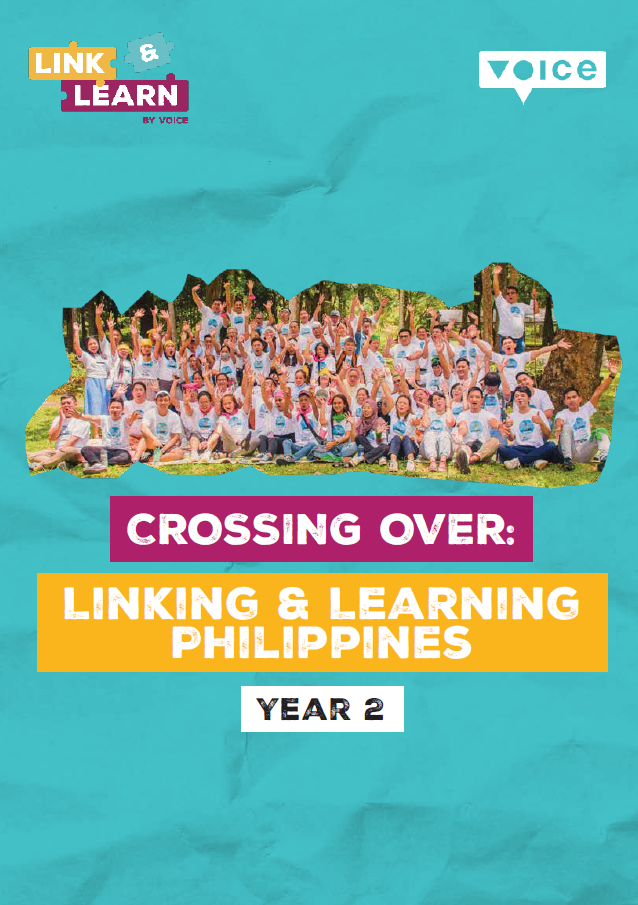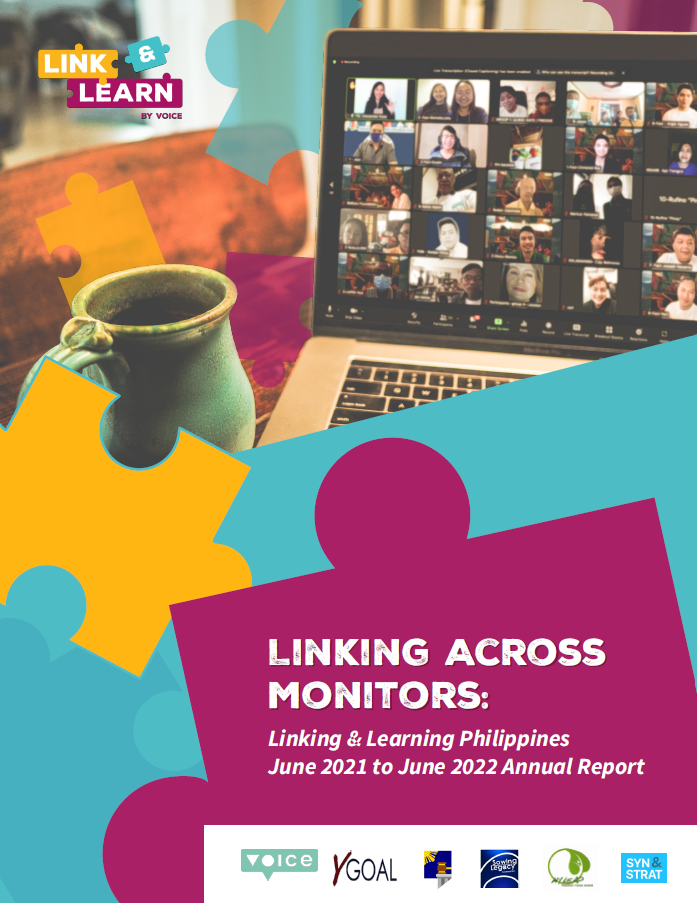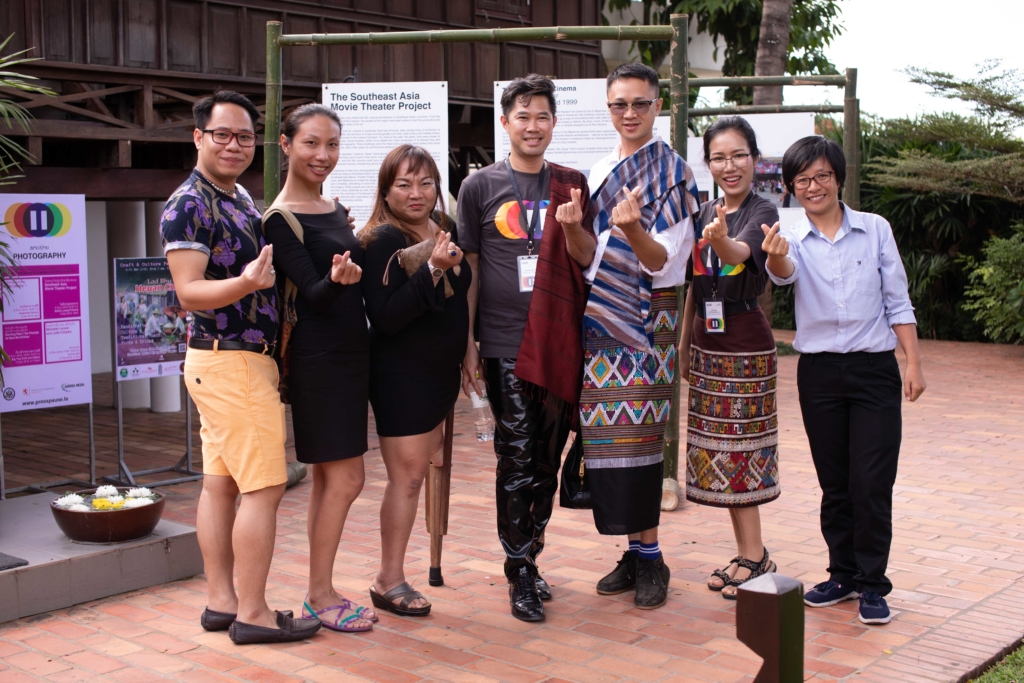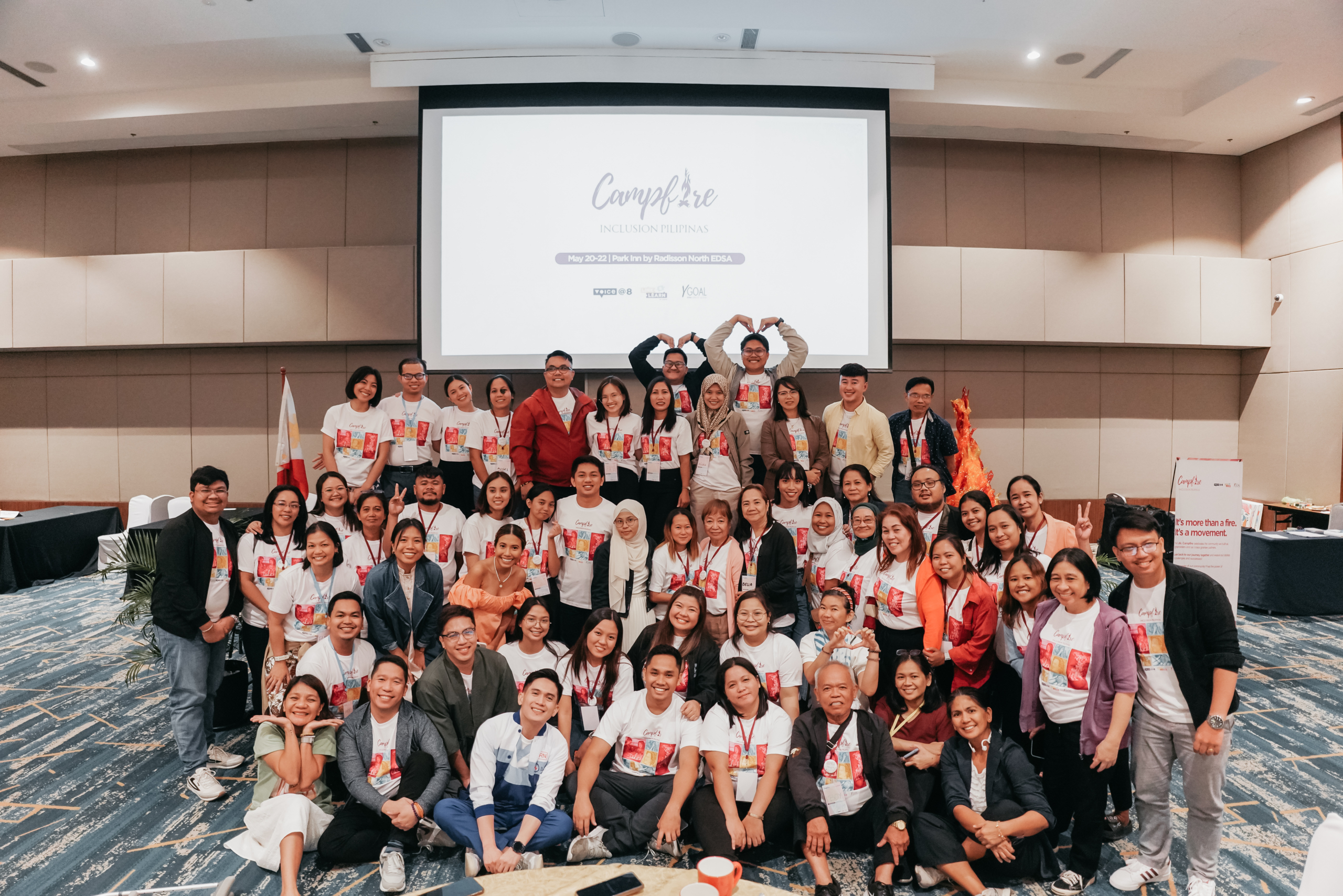Rights-holding as transforming private issues into a public policy agenda: Rightsholders Empowerment in Conflict-affected Localities in the Philippines
By Czarina Medina-Guce, with Anne Rey, and Cristina Batalla
This blog draws from the authors’ external evaluation of the Hivos Voice-supported influencing project in the Philippines, “Bringing Vulnerable, Outlying, and Indigenous Communities to Engage the Management of the Dead and the Missing (henceforth the “project”)” implemented by Initiatives for Dialogue and Empowerment through Alternative Legal Services, Inc. (IDEALS) from April 2019 to December 2020.
Empowerment of rightsholders demands, first and foremost, a recognition of their ‘rights.’ This principle is often taken for granted as development projects orient their results towards expected measurable indicators of government service delivery or affirmative action-type of representation of marginalized groups in decision-making platforms. However, the experience of IDEALS’ project in three sites in Mindanao, Philippines, provides a keen reminder why ‘rightsholders’ is not merely a label; it is, instead, an act of agency.
The influencing project is spurred by insufficient local implementation of the National Disaster Risk Reduction and Management Council’s Memorandum Circular No. 19 of 2016 that established the rules, regulations, protocols, and national and local government roles on management of the dead and missing (MDM) during emergencies and disasters in the Philippines. The policy specifies that bereaved families must receive financial and psychosocial assistance, e.g., include food, financial, livelihood, clothing, shelter assistance for physiological; family and peer support, informational and legal support for social; among other psychological first aid services.
The project aimed to empower marginalized communities to influence local MDM implementation through crafting and lobbying for local legislation. The three sites fall into the MDM scope in terms of man-made disasters or armed conflicts. Even at the time of the evaluation, active armed encounters were happening between the state military and local armed groups causing internal displacement and placing communities at risk. These conflicts are set against a historical landscape of vertical and horizontal inequalities (intense poverty, insufficient observance of indigenous, women, and children’s rights, persistence of political dynasties associated with armed action and inter-clan conflicts, and religious divides). The interwovenness of these issues has rendered MDM service delivery a long-standing issue of the affected communities.
Depoliticizing the need for assistance
A long-standing issue, but not one articulated as a collective claim, as the project finds out. Through community surveys and orientations on the national MDM policy, the project documented that communities treated their need for assistance as private issues. This means that families who lost their loved ones usually seek assistance from their extended family and personal networks, which often leads them to use connections to access local politicians for financial aid. Because aid is considered as a response to a private matter, community members tend to treat assistance from elected officials not as a government service, but as a personal favor, setting up and sustaining various forms of political indebtedness.
The project reports that increased awareness of the national MDM policy enabled the community members to “know their rights.” What does this awareness mean exactly? The evaluation finds that the project triggered a cognitive shift on MDM from being understood as a private matter to being expressed as a collective claim, which now meant that assistance must not be arbitrated by personal connections, but should be a service accessible to all claimants. Such collective realization is an indispensable step towards the depersonalization and depoliticization of MDM support from the politicians and lessening forms of patronage politics.
Setting a public agenda
Another dimension to the cognitive shift is the articulation of a public agenda, which means that MDM claims are explicitly forwarded as a matter of policy and government programming, which, in the project sites, had not been the case. At face value, the absence of MDM in the local governance agenda may be explained by the insufficient implementation or the communities’ unawareness of the national MDM policy. However, the evaluation finds that the agenda’s absence in the public policy discussions prior to the project is also a matter of civic spaces.
Consistent feedback from non-government participants in the evaluation underscore that raising MDM claims had been, and remains to be, challenging for the communities because politicians are perceived to be resistant or avoidant on the issue. Some attributed such attitude to the politicians being “descendants of the politicians involved in the conflicts,” wherein any accommodation of the MDM claims would translate to “acknowledging that their fathers and ancestors were at fault.” The perceived implications are dire, as during interviews, most participants refuse to directly name such politicians in fear that their feedback could endanger their lives. Hence, the MDM needs articulated through the project elevated the practice of claim-making amidst civic space constraints in the localities.
Rights-holding
The evaluation finds that the affective ownership and collective identification of the rightsholders to the MDM as an advocacy has created a participation language in claiming service delivery and social justice. While the project local policy lobbying efforts have yet to bear fruit, it facilitated the transformation of the communities’ relationship with idea of their ‘rights’. From being ‘bereaved families’ under the policy definition, to being ‘marginalized’ by poverty and political underrepresentation, the communities became profound rights-holders – aware and committed to exercise their agency in MDM policy and governance.







